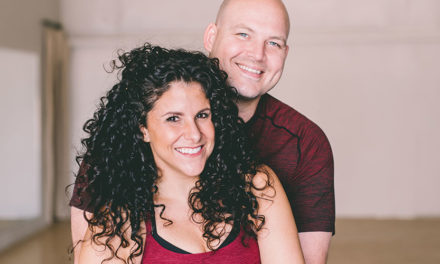Our ability to understand and balance the vast array of human emotions with which we’ve been blessed is an important cornerstone in the study of human behavior and mental health.
The struggle to balance our emotions by ignoring, denying, overcoming, or expressing fewer emotions is often described by individuals seeking therapy. They fear that they have failed because they are depressed, despite “having so much to be grateful for,” or believe they should “stop being afraid” or “stop overreacting and getting so angry” at the people they love. They believe they should practice positivity and shut down negative emotions, rarely aware of the relationship between their symptoms and the emotions they suppress and control.
Emotions are embedded in our DNA and are integral to what we call intuition. “Feeling our feelings” indicates that we are moving through the body’s innate process of healing. Our bodies know the way, the same as it knows the way to heal a broken bone or to digest our food.
Many of us were told by the adults in our lives (and they by the adults in their lives) that our emotions are good or bad, right or wrong, and if we “should” or “shouldn’t” be feeling them. This unconscious abandonment of emotions in ourselves may cause us to react with judgment and fear when someone else expresses them. Unacknowledged feelings can result in anxiety or manifest in distorted and unhealthy behaviors, physical illness, emotional numbing, mood swings, and the loss of joy in our lives.
How can we develop a healthier relationship with our emotions, and how can we learn to identify, accept, and balance our expression of them?
As we practice “listening” to our emotions and bringing our attention back to ourselves, we quickly learn that it is often our resistance to emotions that results in imbalance. Mindfulness, meditation, and various practices such as tai chi, conscious breathing, and yoga can be helpful. The simple willingness to “hear” our emotions often brings immediate relief.
Emotions are innate and are present in all humans. We can think of them as messengers who assess our environment, communicate to us what we need or want, where to place our attention, and what actions to take.
• ANGER motivates us to act when we need to protect ourselves, our values, or someone we love.
• SADNESS moves us toward accepting change and brings depth and meaning to our lives.
• FEAR tells us to pay attention to situations of danger or threat in our environment.
• HAPPINESS/JOY helps us to feel alive, slow down, and experience the gift of being fully in the moment.
Categorizing our emotions as “allowed” and “not allowed” can lead to emotional numbing and a sense of disconnect with ourselves and others. Who we are, including our emotions, are never mistakes.
Cindy Wescott, LCSW is the Director/Facilitator of Grief and Trauma Programs at Lakeside Behavioral Health System Psychotherapist/Consultant at The Psychological Trauma and Wellness Center, Memphis
By Cindy Wescott, LCSW










